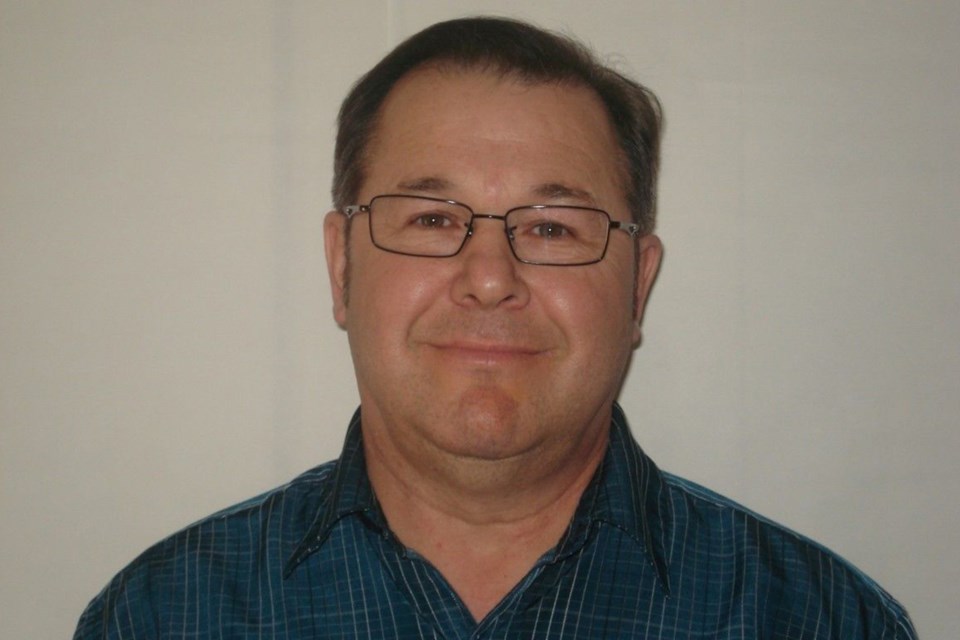OLDS — Neil Harris has been working in the suicide prevention field since 2007 but it wasn’t until his nephew committed suicide nearly five years ago that the impact of that kind of loss really hit him.
“It was just a devastating shock to me and to our family. And my work took on a whole new meaning that this had happened really close to home and someone really close,” Harris said during an interview.
He said it was really tough helping his nephew’s wife in the aftermath as well as dealing with police and the funeral home, collecting his belongings and helping to prepare the eulogy.
Harris is one of several speakers for the Conversation Has To Happen, an annual conference for people affected by suicide and depression.
Normally that conference is held one day each fall in one room. However, due to COVID-19 pandemic protocols, it’s being held from Nov. 16-27 on two local radio stations: 96.5 CKFM and Rock 104 after the 10 a.m. news and in a series of stories in this paper.
Harris, who’s based in Lloydminster, is a facilitator for a suicide prevention program first developed in Grande Prairie called Tough Enough To Talk About It.
It was created in the 1990s in Grande Prairie after residents there became alarmed about the number of suicides occurring in Alberta, especially in the northern half of the province.
Over time, the program has spread to central Alberta.
Harris said the program has largely been targeted to middle-aged men working in industry, trades and agriculture, because they’ve been found to be most at risk for suicide, due to stress, depression, anxiety, burnout.
However, it has also been delivered to women and community groups.
“Typically men, generally speaking, are not comfortable asking for help or seeking help when they’re stressed and overloaded,” Harris said.
“They try to tough it out and have been sort of conditioned or pre-programmed from younger ages to be the man – you know, the cowboy who can handle it, no matter what.
“And so, what happens is, it becomes more difficult for them and they start using unhealthy ways of managing their stress and their depression and so on. They use alcohol or drugs.
“Sometimes things get too difficult for them or too challenging and sometimes they have thoughts of suicide.”
Harris said it’s hoped the program can be spread to Olds and further south, perhaps as soon as next year, although he’s aware that the COVID-19 pandemic may delay that move.
Currently, it’s available in Grande Prairie, Lloydminster, Camrose, Stettler and Lacombe.
Also, the Northern Alberta Institute of Technology has trained several of its instructors to deliver the Tough Enough To Talk About It presentation to all of their first and second-year apprentices.
Harris said an effort is underway to take the program online as well. It’s hoped that version could be available as early as next year.
Harris also teaches a two-day workshop called mental health first aid.
He teaches a two-day course called ASSIST (Applied Suicide Intervention Skills Training).
He describes it as “very direct hands-on training for people to learn the skills to help someone who may be having thoughts of suicide.”
Harris says if people see changes in behaviour among their family friends and coworkers, that could be the harbinger of an eventual suicide attempt.
He suggests engaging that person in conversation by saying something like, “you don’t seem like yourself these days. What’s going on? What’s up? What’s been happening?”
From there, they could be steered toward help through their coworkers, a company employee assistance program, their local doctor or counseling.
Harris noted that another way to get help is to phone the Alberta Mental Health Helpline: 1-877-303-2642.
He said another great resource is Help In Tough Times, a website with lots of links for all types of supports and services.



